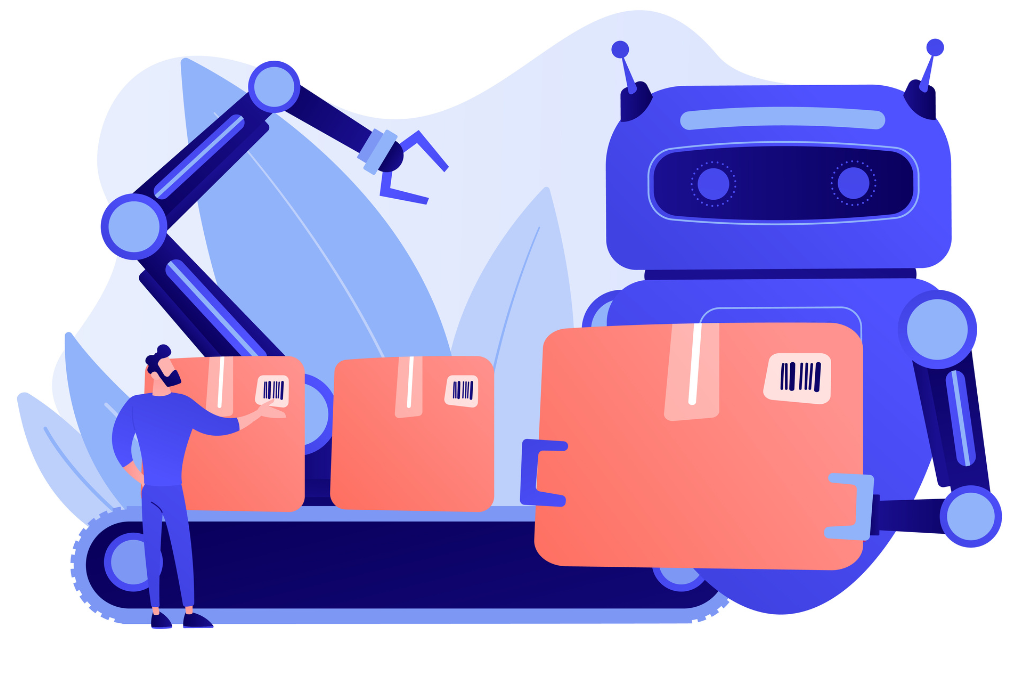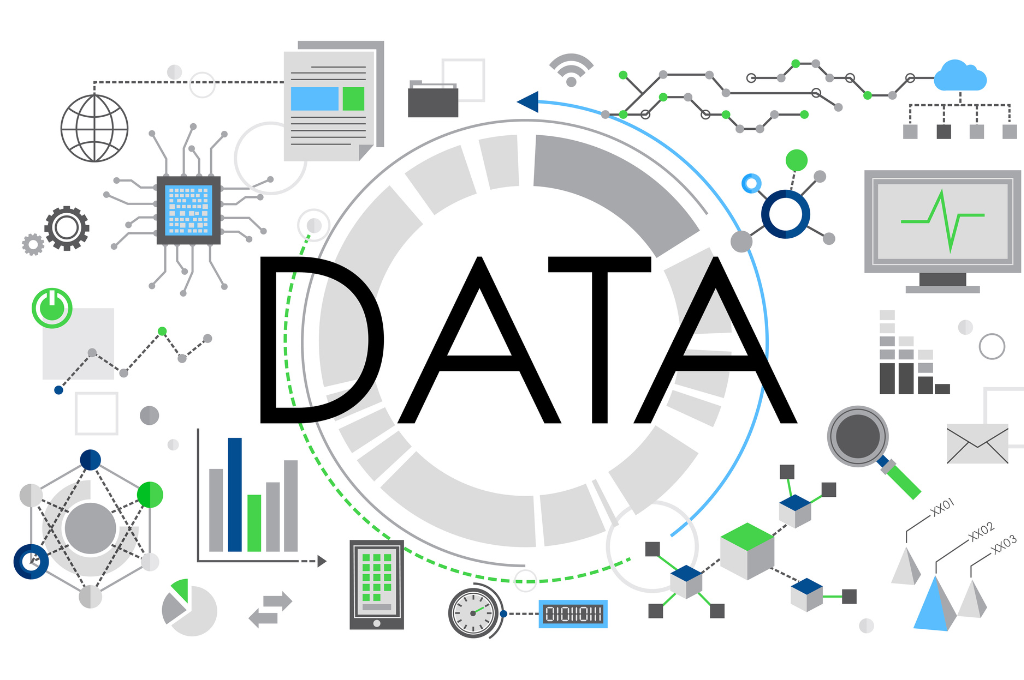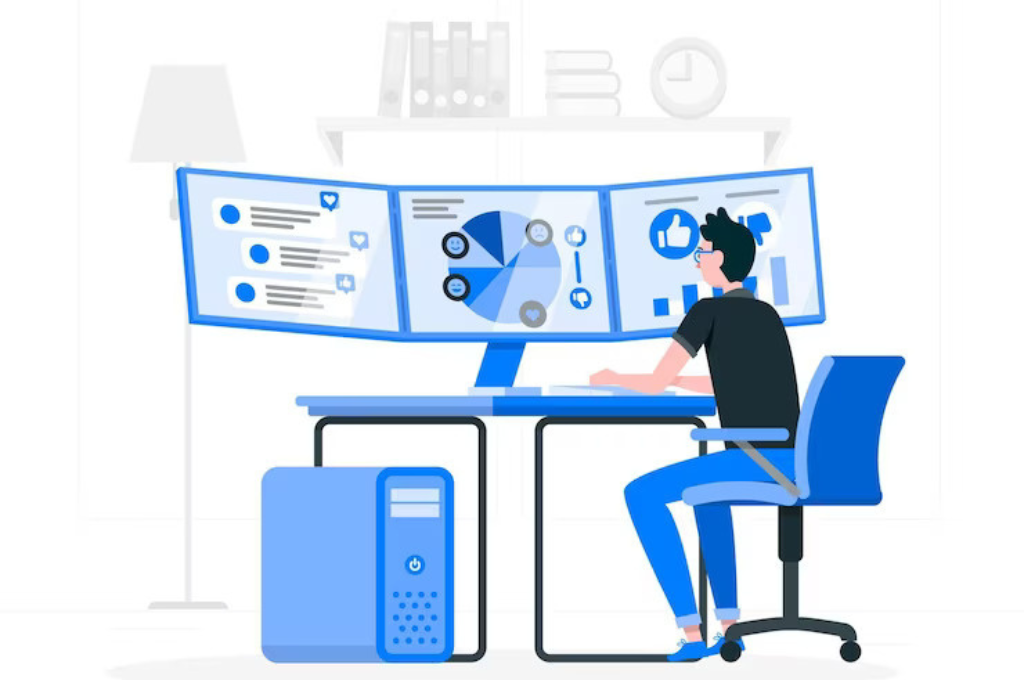AI is the trending tech buzzword that has emerged swiftly in recent times. It has brought curiosity and fears even in the logistics industry. Undeniably, AI has empowered many businesses to create fast-moving workflows and increase resource time by automating tasks.
With different AI-powered ways to transform your logistics business, you can also consider using route optimization. This will help you streamline your delivery operations with AI-improved route optimization.
Where the logistics industry continues to become more complex, data-driven applications have proved to be a game-changer. In the logistics business, AI-driven technology has come to the rescue to streamline operations and make companies smarter, and take more agile decisions.
Let’s find out how differently have these 5 AI-powered products helped transform the logistics industry.

#1. Smart Roads
As a component of the current transportation infrastructure, the roads are frequently disregarded. However, AI has come to our aid and is revolutionizing the transportation industry. The AI upgrades the roadways with power transmission, lighting, and communication equipment that promotes sustainability and boosts safety.
The usage of AI and Machine Learning devices on smart roadways has improved driving efficiency and combined physical infrastructure like solar panels and sensors with software infrastructure like AI and big data.
- In essence, smart road technologies are built into the surface of the road and can increase visibility, produce energy, track hazardous driving situations, and more.
- IoT connectivity enables cities to collect traffic and weather data by connecting roadways to IoT devices. This kind of communication improves traffic and safety.
- Effortlessly increase security and lessen traffic. The network delivers automated traffic divert signals and employs speed cameras to display warning messages for hazardous conditions.
- Systems employ data from smart cars or closed-circuit television (CCTV) cameras to optimize traffic lights and notify commuters of congestion or bottlenecks.

#2. The Automated Warehousing
Companies in the supply chain and logistics sector employ a range of transportation methods to deliver packages to end users. Road, rail, air, and marine are a few of these. Each mode of transportation has a fair share of drawbacks that impede the supply chain. Therefore, a system that can foresee these issues in advance is required so that supply firms can have the upper hand.
The ability of AI systems to predict future occurrences helps companies lower risks and foresee potential supply chain disruptions. These systems work on various AI-powered ways to gather and examine data on cars, trains, and aircraft and anticipate potential problems or arrange maintenance.
Here is what you can read more to understand better use of AI
-
Integrating AI In Enterprise Operations: Benefits & Use Cases
-
AI & Machine Learning- Changing The Face of BI and Big Data
-
AI And Machine Learning Explained With Examples
#3. Self-driven Cars
Self-driving cars are already a reality, and the logistics industry may heavily rely on them in the future. In a research report, Morgan Stanley predicted that widespread adoption of autonomous vehicles would contribute $1.3 trillion to the U.S. economy.
Autonomous transportation would thereby ease traffic and cut pollution while also enhancing safety and lowering accident rates. One of the most obvious ways that AI is changing logistics is with self-driving cars.
However, it might be some time before we see a delivery service with fully automated trucks. However, given that technology has been tested successfully in the US, self-driving AI can eliminate or significantly minimize human error in the logistical equation. According to how secure the technology is in use.

#4. Vehicle Telematics
The term "telematics," which includes numerous facets of the long-distance telecommunications and big data industries, is complex. The phrase now mostly refers to vehicle telematics, which is the utilization of operational data from GPS-enabled vehicles used by delivery fleets.
Fleet managers may now track heavy trucks that have Electronic Logging Devices (ELDs) in real time. This enables managers to plan and execute more time-effective driving routes for deliveries, dramatically reducing delivery time. This also makes it simpler to allocate the appropriate personnel and resources to the appropriate tasks. Even greater opportunities exist for operational improvement.
AI-enabled Fleet tracking software can spot patterns in compiled operational data, and managers may utilize the data to develop increasingly inventive, effective solutions to logistical issues both now and in the future. Also, partnering with an AI development company can help you automate your tasks or integrate OpenAI APIs and AWS AI services to build smart products ready for the future of tech.

#5. Predictive Intelligence
Companies in the supply chain and logistics sector employ a range of transportation methods to deliver packages to end users. Road, rail, air, and marine are a few of these. Each mode of transportation has a fair share of drawbacks that impede the supply chain. Therefore, a system that can foresee these issues in advance is required so that supply firms can have the upper hand.
The ability of AI systems to predict future occurrences helps companies lower risks and foresee potential supply chain disruptions. These systems gather and examine data using generative AI on cars, trains, and aircraft to anticipate potential problems and arrange maintenance, thus transforming the logistics business.
Conclusion
However, the world is still developing AI in supply chain and all of its supporting technologies at an astonishingly fast rate. The logistics sector would likely experience additional cutting-edge technological breakthroughs in the years to come. You can also read the benefits and use cases of AI in business enterprises to know how efficient it is to use AI to streamline your business operations. The global supply chain is expanding and becoming more complex, and AI will develop greater proficiency in doing activities that become increasingly difficult. Also partnering with an AI development company, you can hire AI engineers who can help you automate your regular procedures and streamline your logistics operations.


























